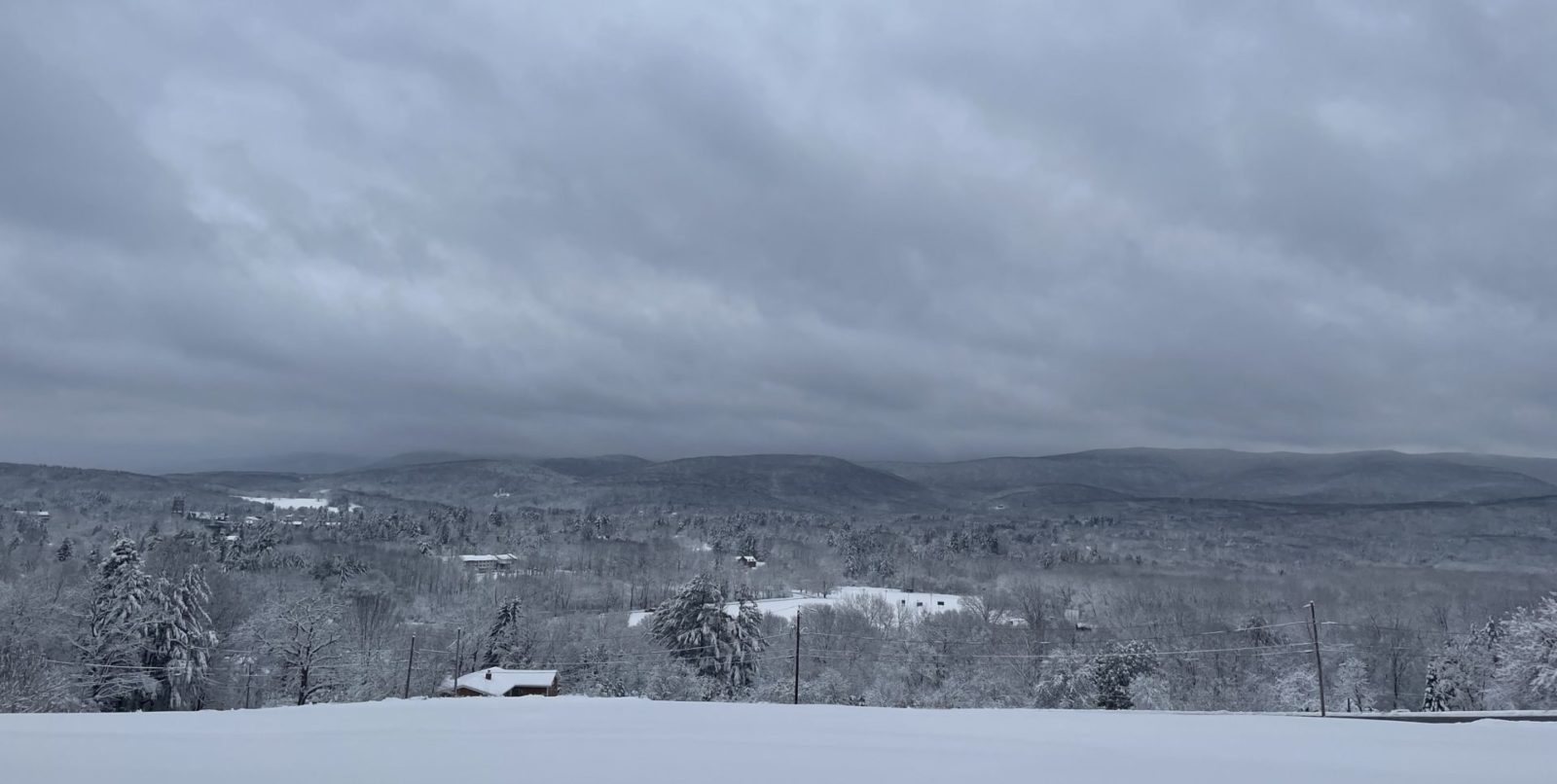Medusa came into a conversation at Wild Soul River. Walking out of the snow at dusk, I found a group of friends and neighbors talking about stories. I hung my wet coat on a chair, rubbed the ears of an almost-grown puppy and listened to them mulling over symbols and images and different kinds of power, and the ways stories move through time.
Storytelling helps me in these short days. Winter has its own rhythms and pleasures, and its pressures too — falling snow is soothing, and the transformed woods are magic — and shoveling the driveway can warm me until I have to strip off my hat and gloves.
But after a week of raw, mostly-indoor days, it warms me to come in for ginger tea and find a legend. People ask where she comes from and what she thinks. Their friendly curiosity feels as welcome as a fire in the fireplace. And she’s a legend with depths I’d never swum to before.
Medusa is the daughter of two gods of the sea, Ceto and Phorcys. They sound like deep-water gods, powerful beings, the kind who can touch the edges of human life. Her name means whale, and his means seal.
When we meet their daughter now, we hear about her as the woman as with snakes coiling around her head and a gaze that turns her attackers to stone. In later stories, she becomes a monster. But in earlier ones, she seems part human and part divine and part merfolk, a woman with skin like golden scales.
Think of that light, like the sun on the waves. Edith Hamilton gives that image, and I haven’t found the source for it … but I can imagine those hues. I met a corn snake a week ago. He curled around my arm and moved with surprising speed over my shoulder. He was yellow-gold flecked with fire-red and amber, and sleek and lithe and beautiful.
So when I imagine Medusa now, I see a woman who can swim in the winter sea and catch the sunset in her living hair.
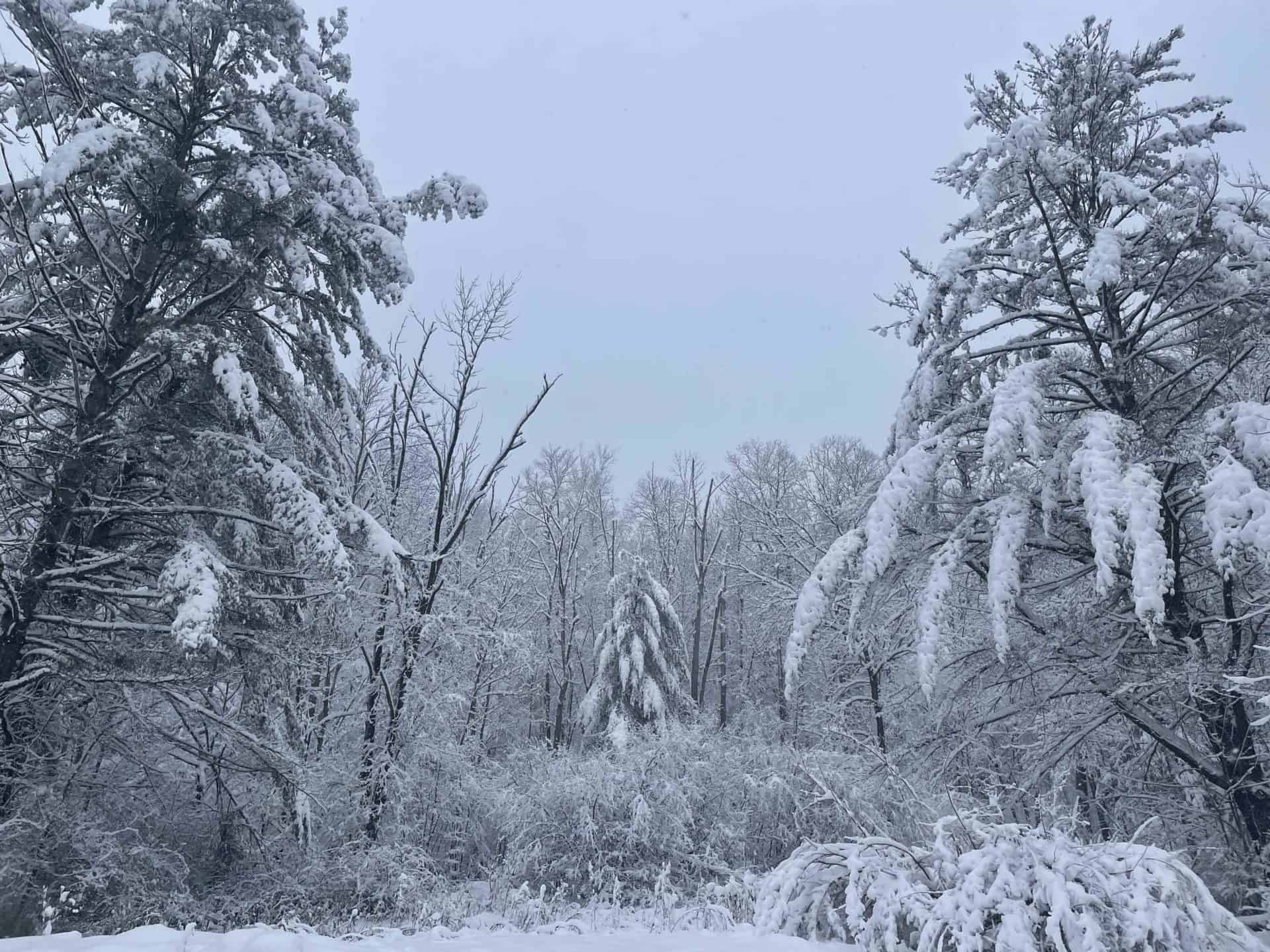
Snow-coated trees, pine and ash and alder, stand at the foot of the ridge below Pine Cobble.
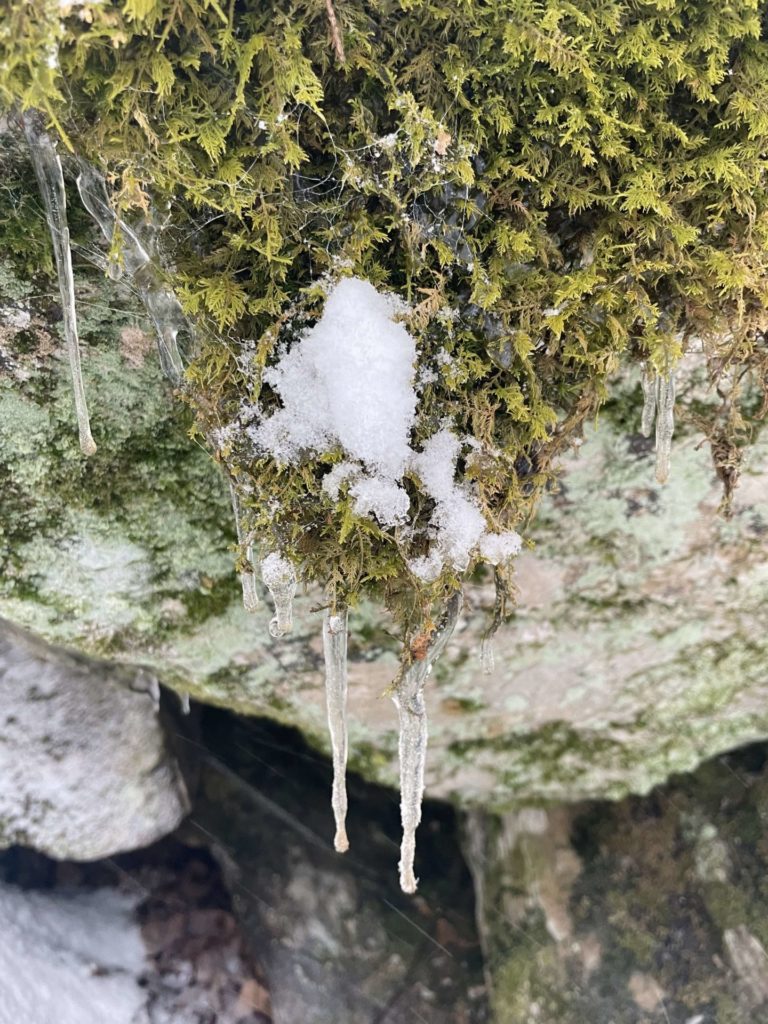
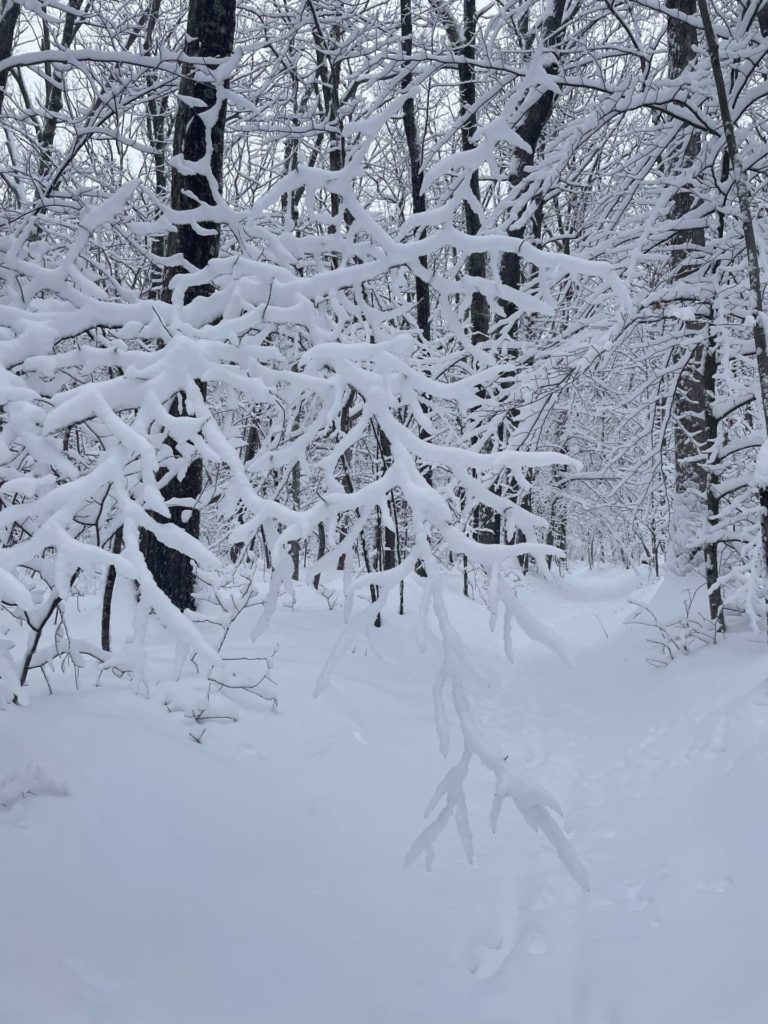
Family tides
Medusa has two sisters, and they are both immortal, while she is mortal. Around 700 B.C., the Greek poet Hesiod says they live “beyond glorious Ocean in the frontier land towards Night where are the clear-voiced Hesperides.”
In earlier stories, they are powerful, and they can be beautiful. Their names seem to have evolved over time, the way tellings of Medusa have changed, so that beings who were powerful, like storms, became frightful. They are the Gorgons, and in Greek, Gorgones means a fierce gaze — or a vigorous, lively one.
In some stories, she has three more sisters, the Graeae — wise women, living sea-foam women with silver hair and shared vision.
How would she feel, being the mortal sister among immortals? Was she in between somehow — between sea and land, human and spirit, woman and dragon? Before Hesiod and Ovid, did she have other lives and powers in other stories? Her name seems to hold other readings. Medusa means guardian.
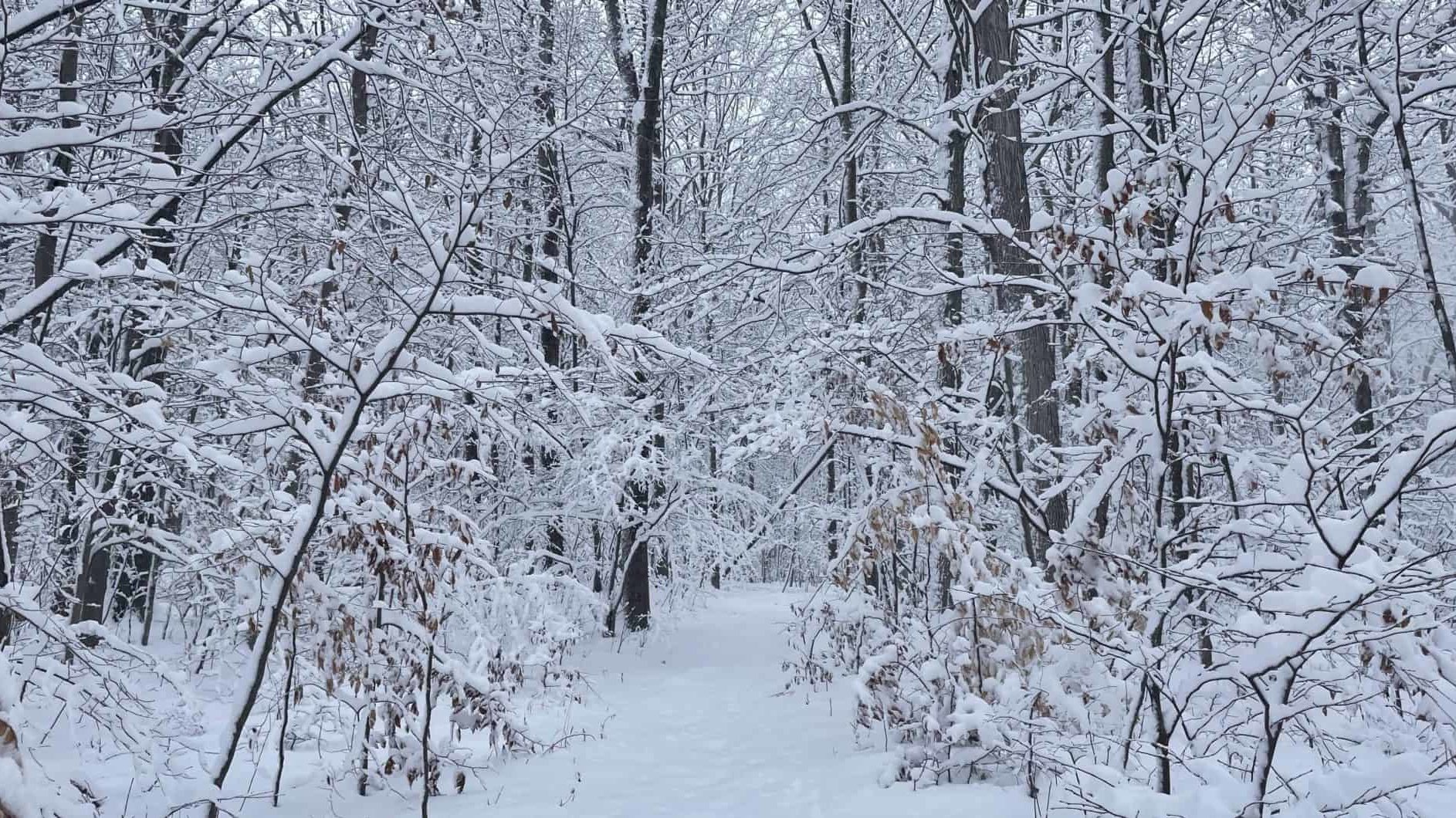
Snow coats the trees along the Chestnut Trail in Williamstown.
Events coming up …
Find more art and performance, outdoors and food in the BTW events calendar.



